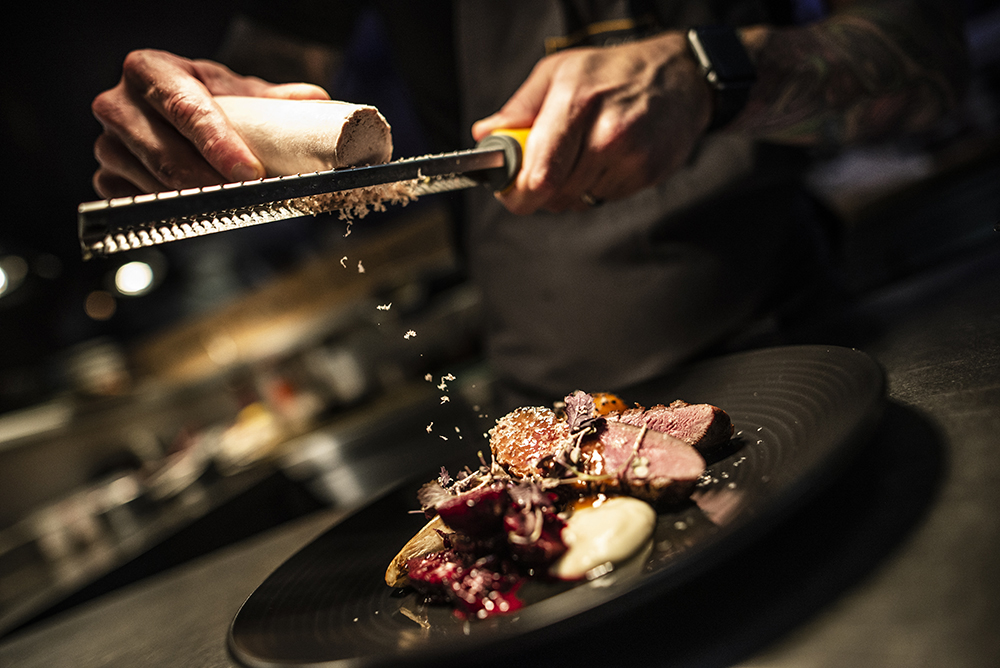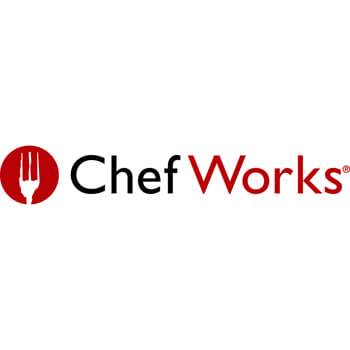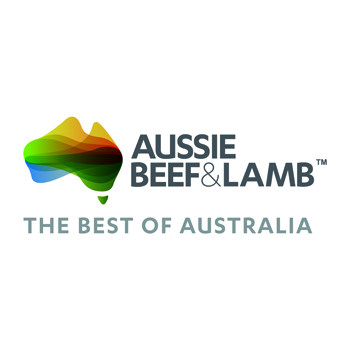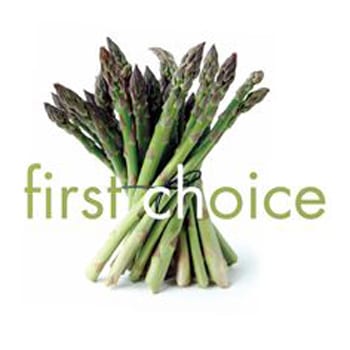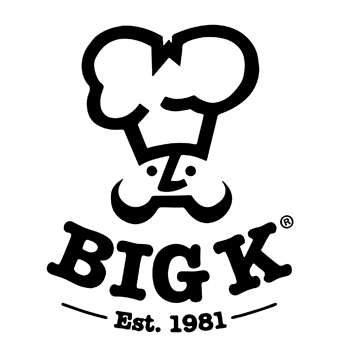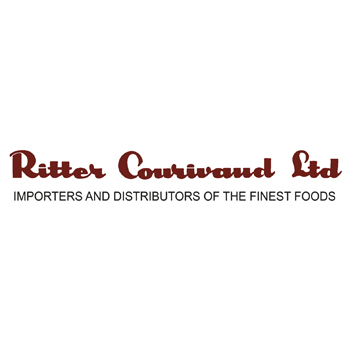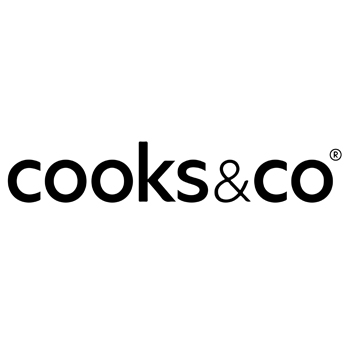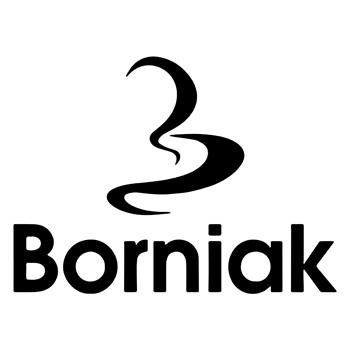The Great Foie Royale Debate
Foie Gras is a contentious, highly political ingredient that has the potential to cause real offence – on or off the menu. The name is protected by law meaning that anyone wanting to create a new, different, product is prevented from doing so. In the case of Foie Royale, a genuine ethical alternative, this is a bonus.
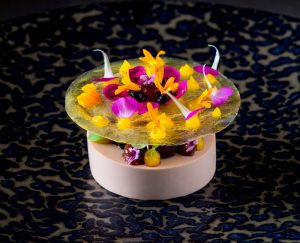 The contentious part of foie gras is the force feeding of the geese. According to those who make it, particularly the French producers, the “gavage” process is not cruel, and the geese do not mind it. Indeed, it is said they do the same thing in the wild to build up enough fat in their bodies to sustain long migratory journeys.
The contentious part of foie gras is the force feeding of the geese. According to those who make it, particularly the French producers, the “gavage” process is not cruel, and the geese do not mind it. Indeed, it is said they do the same thing in the wild to build up enough fat in their bodies to sustain long migratory journeys.
To achieve the bloated liver lobes that are the foundation for foie gras the geese are force-fed by tube directly into their crop. Whether you accept the assertion that it is not cruel, and many chefs do, foie gras on a menu is a potentially hazardous choice.
And that’s where Foie Royale comes in. It was conceived to develop a morally acceptable alternative to the traditional Foie Gras meaning it can be used in kitchens and on menus without the animal welfare argument being used against it. Foie Royale is just that. There is no force feeding. The Geese are happy and free range and not deliberately over-fed.
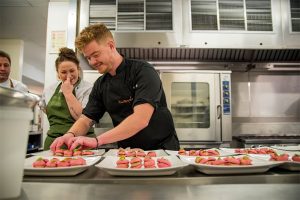 “Myself (Jack Blumenthal) and my business partner (Scott Perkins) use Foie Royale in a lot of our cooking when we cook at people’s homes.
“Myself (Jack Blumenthal) and my business partner (Scott Perkins) use Foie Royale in a lot of our cooking when we cook at people’s homes.
When creating private dinners, we interact with the guests and using the Foie Royale product is an incredible staple to our menus.
Not only is Foie Royale a beautifully smooth patê that brings a whole new richness and luxurious mouth feel to whichever dish you wish to incorporate with. But the background story behind Foie Royale and the ethos behind the product is what really makes it special, definitely a product of the future.”
Private Chefs Jack Blumenthal & Scott Perkins, Jack & Scott @ Home.
Foie Royale was created by poultry farmer Joeri Groot in Germany. The aim was to use a naturally raised healthy duck or goose liver, that had been bred for its meat, not force fed nor allowed to feed to encourage an engorged liver and use this liver to produce a product that tasted as good as Foie Gras, with the same melting behaviour, created using modern technology.
This was not an easy task. Following seven years of R&D, working with the Institute of Food Technology in Quakenbrück, Germany led by their specialist fat scientist Nino Terjung,
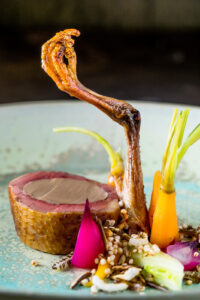 Groot developed a process whereby goose fat is pressed under extreme high pressure in regular livers.
Groot developed a process whereby goose fat is pressed under extreme high pressure in regular livers.
This process, pascalization, is used in the food industry as a preservation method. Because of the high pressure the liver and the fat melt together and the end product, on a microscopic level, is identical to ‘real’ foie gras.
And this is where the two products differ radically. Real foie gras lobes are raw. Foie Royale is cooked. Chefs who are looking to have an ethical version of foie gras on their menus have to approach the product with this in mind. It is a trade off but one that is worth exploring.
The ducks and geese are raised on farms in Germany. They are free to roam outside from an early age and each bird has a minimum of 25m² space throughout their life. They are kept in barns at night for their security.
The births are not subjected to wing or beak clipping and are fed naturally.
Groot said: “We strive to have happy and content birds as can be seen from our on-line videos of our farms. When the birds are slaughtered for their meat their small healthy livers, which are dark red in appearance, are trimmed and sent with the fat to DIL for the Foie Royale process to begin. It’s as close as you can get to foie gras without the need for force feeding.”
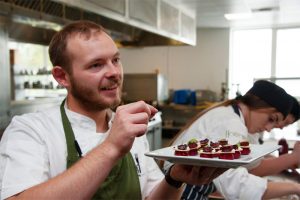 There are many chefs who support Foie Royale including Jack Blumenthal, son of food pioneer Heston quoted above and Tom Browning, Head Chef of Lewtrenchard Manor in Devon.
There are many chefs who support Foie Royale including Jack Blumenthal, son of food pioneer Heston quoted above and Tom Browning, Head Chef of Lewtrenchard Manor in Devon.
Tom concluded
‘The flavour was intense and delicious and, after learning more about the company and its values, I know that this was a product was going to go places. The concept is ground- breaking and of its time, the company is progressive and revolutionary. But most importantly the product is fantastic.’
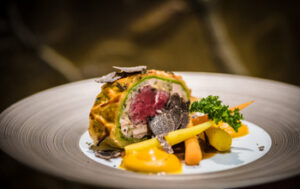 A great recipe idea for beef wellington with Foie Royale by Soham Sonawane at The Dorchester, a luxurious addition to any chefs’ table view here.
A great recipe idea for beef wellington with Foie Royale by Soham Sonawane at The Dorchester, a luxurious addition to any chefs’ table view here.
